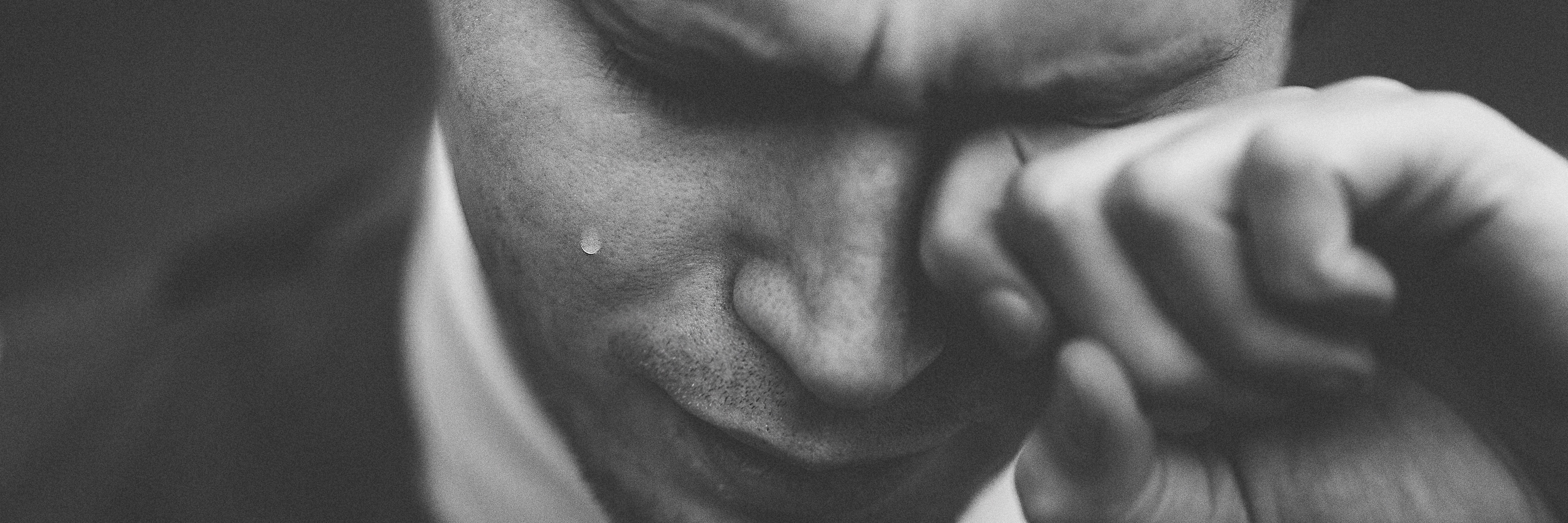Here’s what my mind is saying:
“Oh, woe is me, as usual. You’re just going to write some little article, pretend to be something you’re not, to elicit some sympathy. Do you even know if it’s depression? Will anyone even believe you? They probably see right through you, knowing you’re a fraud.”
And I’m pretty sure I am. Part of me — a small, insignificant part, like a flame trapped in a jar in a chest in the ocean — believes I have a mental illness and believes I’ve been struggling with it for as long as I can remember. But the rest of me is the ocean, and you have to swim pretty far down to even catch a glimpse of that minuscule flame.
Times like this, I dredge up the chest. I unlock it and take out the jar, and the flame is still flickering away there, and for a second I believe in it again before it goes back under. Until recently, I kept that flame hidden, safe from view. If anyone else saw it, they’d doubt it. They’d wrench open the jar and the water would flow in, and it would be gone. That’s the danger, my mind said, in letting it be shown. Hell, it’s almost happened. I’ve let others in on it before writing articles for The Mighty, and they’ve doubted it and mocked it. It might sound like insecurity, but it’s a sad fact. I know there’s some out there who don’t believe in my struggle with mental illness, and the ocean says, “They’re right.”
I turned 30 a few days ago. Most of my 20s were filled with depression after my dad’s sudden death. Prior to that, I had a school life of almost consistent bullying which no doubt contributed to my suspected avoidant personality disorder (AVPD) and anxiety. I’m waiting on that diagnosis to be confirmed. In just a few days, I’m seeing my psychiatrist again, and I hope to get some answers.
I digress, and I feel pretty sure I’m making no sense here. I have a history of locking myself away, escaping from my thoughts by playing video games and, at one time, drinking more than I should have. I’ve discovered friends were not who I thought they were and have lost friendships because of it. I’ve been bullied by those I thought I could trust. I thought the bullying stopped after school, but it seems it just continued in a different form. Now, I find it hard to trust anyone.
I certainly don’t trust positive feedback. When someone tells me they love my writing (fiction or otherwise), I don’t believe them. “They must be lying,” my head says. “They’re just trying to make you feel better, or they’re taking pity on you. Look, they see how worthless you really are. You’re pathetic.” The negative feedback is easier to take. It confirms how I feel about myself. It confirms the worthlessness, the self-hatred, the inner monolog I’ve likewise kept largely hidden like the flame of self-belief.
For the past 10 years, I’ve worked on a novel. It’s one I believed in, sporadically, for a long time. I wrote a first draft that was punctuated by periods of self-loathing and zero motivation before I’d return to work with renewed vigor. I finished the first draft in 2013, then left it for several years.
Recently, I received some interest from a publisher. Therein came the renewed vigor. They said they loved the first few chapters. (“They’re lying, they don’t really, they’re taking pity on you for some reason.”) They wanted to see the rest of it. I wondered if this could be my chance, regardless of what the self-doubt was saying. But hey, the self-doubt grew and festered. I missed my deadline. I fell into depression. I stopped working on it. It’s been over a month now, and again no writing. Again, no idea if I can write, to begin with. Again, the self-doubt is heavy in my chest and my heart and my lungs.
What’s the point in any of it?
If this sounds like depression to you, then hey, maybe it is. “Or maybe,” my mind says, “you just know enough about depression now that you’re able to emulate it with fairly good accuracy and fool a few people into believing you.”
But in my heart, I feel it. I feel the fog, and it’s suffocating. I want to believe in my writing again. I want to believe what I’m saying here is worthwhile, and what I’m writing in my novel is worthwhile, and that I really do have a mental illness and I’m not just imagining it and I’m not worthless and I’m liked, loved even, for who I am with no caveat or addendum.
I want to believe my life means something and is worth something beyond the periods of isolation and escapism. I want to believe in myself.
Follow this story on the author’s Twitter.
We want to hear your story. Become a Mighty contributor here.
Photo by Tom Pumford, via Unsplash

